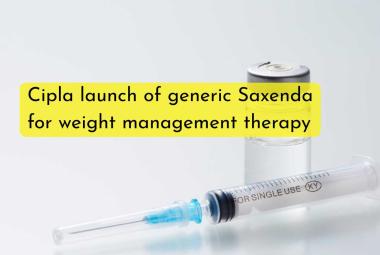The Central Board of Indirect Taxes and Customs (CBITC) under the Union finance ministry clarifies on procedure in respect of return of expired drugs under Goods and Services Tax (GST).
[adsense:336x280:8701650588]
The issues raised in the said representations have been examined and to ensure uniformity in the implementation of the law across the field formations, the Board, in exercise of its powers conferred under section 168(1) of the Central Goods and Services Tax Act, 2017 (hereinafter referred to as the “CGST Act”)
Generally in the pharmaceutical sector is that the drugs or medicines (hereinafter referred to as “goods”) are sold by the manufacturer to the wholesaler and by the wholesaler to the retailer on the basis of an invoice/bill of supply as case may be. It is significant to mention here that such goods have a defined life term which is normally referred to as the date of expiry. Such goods which have crossed their date of expiry are colloquially referred to as time expired goods and are returned back to the manufacturer, on account of expiry, through the supply chain.
The CBITC in a circular on October 26, 2018 said that the retailer/wholesaler can either return the time expired goods treating it as fresh supply or can return the expired goods by issuing credit notes.
In case of return of time expired goods to be treated as fresh supply, a registered person (other than a composition taxpayer) can return goods by issuing an invoice for the same. This will be referred to as return supply. The wholesaler or manufacturer, as the case may be, who is the recipient of such return supply, shall be eligible to avail input tax credit (ITC) of the tax levied on the said return supply as specified in Section 16 of the CGST Act.
In case the person returning the time expired goods is an unregistered person, he may return the said goods by issuing any commercial document without charging any tax on the same.
If a manufacturer destroys the time expired goods, returned by the retailer/wholesaler, he/she is required to reverse the ITC availed on the return supply as per clause (h) of sub-section (5) of section 17 of the CGST Act. The circular clarified that the ITC which is required to be reversed in such scenario is the ITC availed on the return supply and not the ITC that is attributable to the manufacture of such time expired goods.
Besides this, time expired goods can also be returned by issuing credit note. As per sub-section (1) of Section 34 of the CGST Act, the supplier can issue a credit note where the goods are returned back by the recipient. Thus, the manufacturer or the wholesaler who has supplied the goods to the wholesaler or retailer, as the case may be, has the option to issue a credit note in relation to the time expired goods returned by the wholesaler or retailer.
The retailer or wholesaler can return the time expired goods by issuing a delivery challan. There is no time limit for the issuance of a credit note in the law except with regard to the adjustment of the tax liability in case of the credit notes issued prior to September following the end of the financial year and those issued after it. If a supplier (manufacturer/wholesaler) receives expired goods till September, he can issue credit note and the same needs to be uploaded by him on the common portal. Subsequently, tax liability can be adjusted by such supplier provided the recipient (wholesaler/retailer) has either not availed the ITC or or if availed has reversed the ITC so availed against the goods being returned.
If a supplier (manufacturer/wholesaler) receives expired goods after September, he can still issue credit note, but can not upload the same on the common portal as he is not allowed to adjust tax liability by himself.













